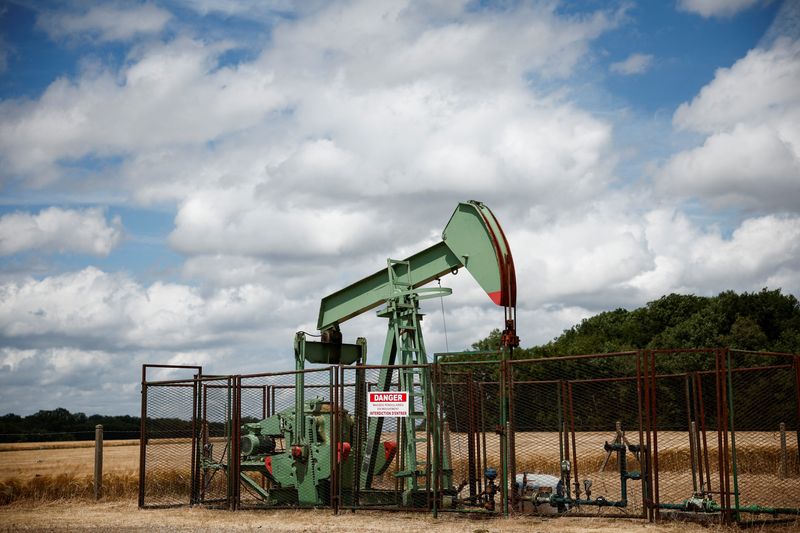Subdued demand to keep oil prices steady despite geopolitical risks: Reuters poll
2024.07.31 07:23
By Anushree Ashish Mukherjee and Kavya Balaraman
(Reuters) – Analysts are holding their oil price forecasts largely steady for the second half of 2024, as geopolitical risks offset muted demand from major consumers like China, a Reuters poll indicated on Wednesday.
A poll of 36 analysts and economists surveyed by Reuters in the last two weeks forecast that would average $83.66 per barrel in 2024, and that would hover at $79.22, largely in line with last month’s estimates of $83.93 and $79.72.
“Prices are expected to remain in the $80-85 per bbl range supported by stable demand-supply dynamics,” said analysts with CRISIL Market Intelligence and Analytics, adding that slower demand in Europe, coupled with improvement in OPEC+ supply, will keep prices stable.
Brent crude was up 4.6% so far for the year, while U.S. West Texas Intermediate crude rose 7.1% for the year.[O/R]
China’s total fuel oil imports dropped by 11% in the first half of the year, data from earlier this month indicated.
“China’s oil demand is constrained by the prevailing economic challenges and the swift transition to electric mobility,” while demand in the Western world is stagnating, said Julius Baer analyst Norbert Rücker.
Analysts largely anticipate global oil demand growing by between 1 and 1.5 million barrels per day (mbpd) in 2024, compared to the International Energy Agency’s forecast of just under a million.
While some analysts say geopolitical risks have waned in recent months, others say elevated geopolitical risk premiums are here to stay.

“The main geopolitical risks still stem from the war in Gaza, whether it be escalation of the conflict into a regional war or the threat to shipping posed by Houthi strikes in the Red Sea,” said Matthew Sherwood, lead commodities analyst at EIU, said.
Participants in the poll also expect OPEC+ to continue adhering to its plan to extend production cuts of 3.66 million bpd until the end of 2025, while phasing out additional cuts of 2.2 million bpd from October 2024.








